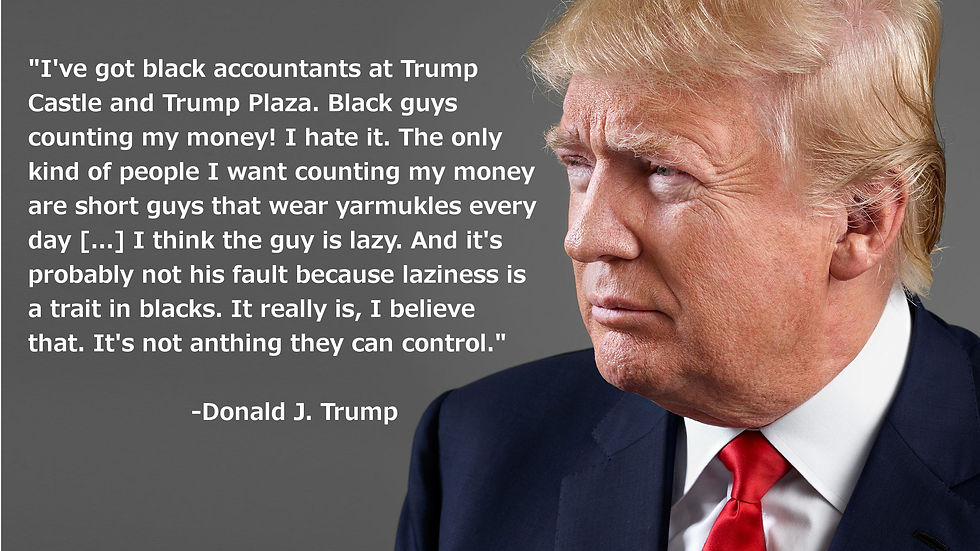What Holidays Mean for Black Families in America and How We Can Work to Build Generational Wealth
It’s around this time every year, the last two months of the year, that we often look forward to. The other day I saw a post on Instagram, it was a Jim Carey tweet that read; “No holiday should manipulate you to the point where you go into debt just to show someone you love them. “
I began to think about the reality of the tweet. So many times, particularly in the black community, we sacrifice the future for the right now.
Generally speaking, Black people are still living for the moment with a “to hell with the future” mindset when it comes to money. Too many Black folks tend to only worry about themselves and the money that they have NOW.

As we know the excitement and maybe even anxiety this time of year brings to many, we cannot help but acknowledge the reality that the costumes, music, caroling and gifts are not the reality of what should be celebrated. To put It into context: We have a November holiday, thanksgiving. A day we acknowledge and say what we are thankful for with friends and family. A day historically and traditionally set aside in the 18 & 19th century to honor the colonization of the Natives original to the Americas. In school we are taught “the good” that these Europeans did to preserve their own life, but at who’s expense?
A day after we say how grateful we are, we rush to our nearest mall or outlets by 12am in hopes of being one of the few people in line that may actually have a chance at grabbing Wal-Mart’s underpriced TVs. This is done hopefully before being bombarded with local shoppers who could care less about the morality of these situations at this point. It’s as if Darwin’s theory of natural selection is playing out right before our eyes. As we become more selfish humans, less concerned with preserving what’s natural to the earth, we manipulate our land and it’s people.
I then wondered. What other ways may we remove competition amongst one another through working with one another? A practical yet hard concept to follow for all groups but particularly ours, as we lack ownership in industries we support.
Faced with that reality, I wanted to know: How long does money circulate in the various communities? A dollar circulates: 6 hours in the Black community 17 days in the White community 20 days in the Jewish community 30 days in the Asian community
There’s the facts. Though the black and white household may be equal in regard to the amount of spending, it is that spending habit that cripples the black family from ever building wealth beyond 1 generation. On the other hand, it is that same spending habit that allows white families to flourish because when spending, they are circulating the money back into their communities. How? Ownership.
The American Dream was made possible by blacks in america and across the diaspora but NOT for them. “The American Dream remains out of reach for many African-American and Hispanic families,” said Signe-Mary McKernan, co-director of the Opportunity and Ownership Initiative at the Urban Institute. “Families of color, who will be the future majority population of this country, are not on a firm wealth-building path.”

In a 1954 film entiltled “ The Secrets of Selling to the Negro Market,” published by the Johnson Publishing Company who also owns Ebony Magazine Co., discusses how Blacks were and are targeted as consumers. This film highlights the economic power and influence Blacks in America gain as professionals , students, housewives etc. We were given access to the opportunity to be a consumer but rarely producers.
The NOIRG (Nation of Islam Research Orgsnization) found that 42 million Blacks have a spending power equal to $1.1 trillion, which gives each man, woman, and child an annual spending power of $26,200 dollars. Blacks overwhelmingly spend their money at white businesses buying the following products and services. tobacco $3.3 billion whiskey, wine, and beer $3 billion non-alcoholic $2.8 billion leisure time spending $3.1 billion toys, games, and pets $3.5 billion telephone services $18.6 billion gifts $10 billion charitable contributions $17.3 billion healthcare $23.6 billion

I’ve concluded that this mission to free others of ignorance and selfishness, starts with myself. As a kid, growing up, the holidays in my home were more about the fellowship than the actual gift-giving. I could remember going to the Salvation Army days before Christmas to collect toys donated through “Toys 4 Tots.” Though nothing fancy, it always felt special receiving gifts from strangers who wanted me to share that joy as well. I admired the Salvation Army for that. As I began to grow older, I wanted to better prepare myself to be in a position of ownership and wealth. I created a money management challenge that I will be sharing in more detail in my next blog. This challenge is to hold you accountable for the next 3, 5, or 10 yrs of your life to save an amount of your choice in hopes of giving you security in knowing your money will work for you in the future. The initial sacrifice for the future is what may seem to be the hardest. Having an accountability partner, a friend, relative or mentor helps to keep your focus during those times of economic temptation. What we accomplish individually affects us collectively. Our effort this day is to think of how what we do today will impact the future. It’s living beyond the holidays and giving a reason to genuinely be excited about the foreseeable future. Take a stand, those opportunities to collaborate, educate, and empower. Talk about capitalism and consumption, be an active player in the rebuilding of black wealth and independence.








